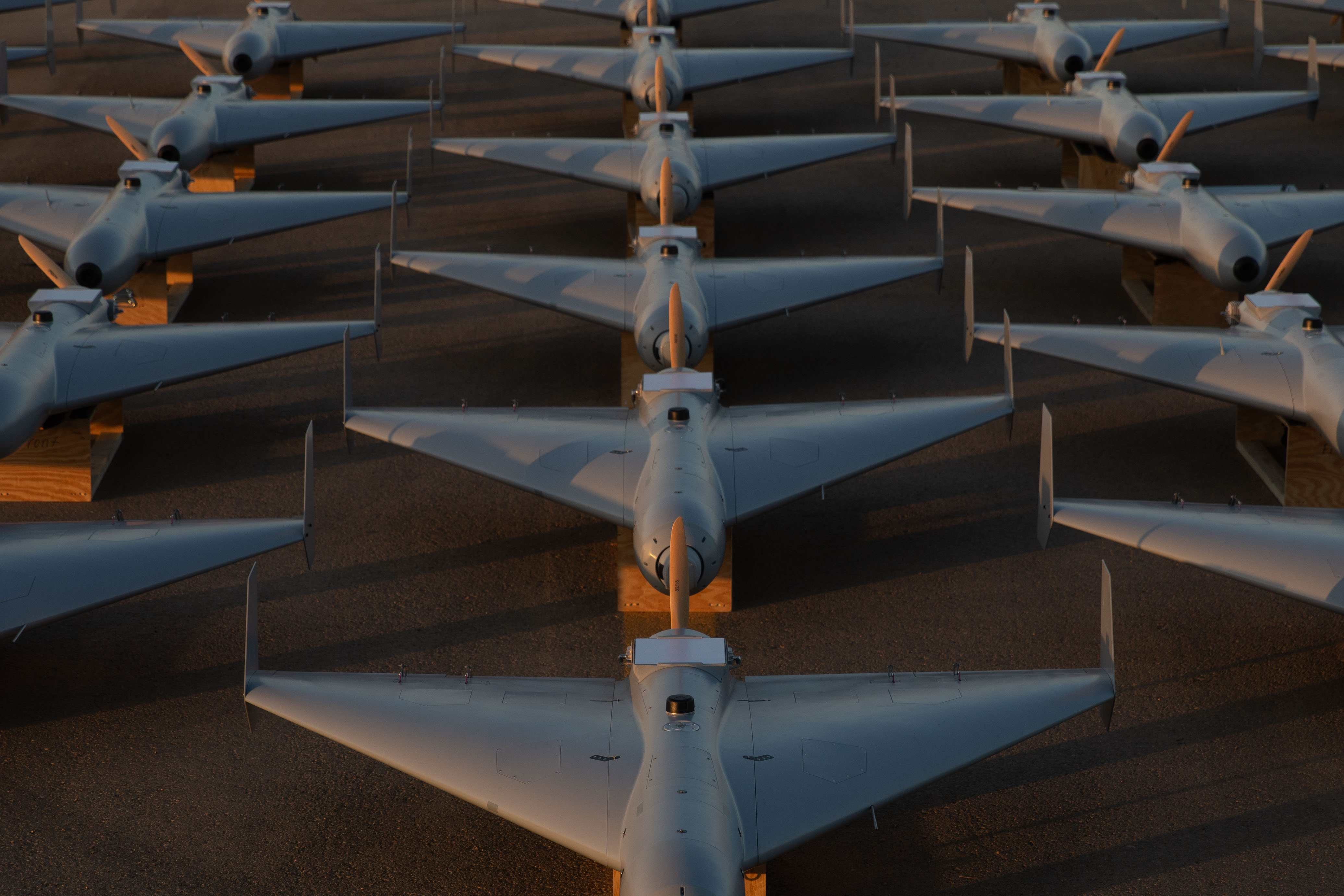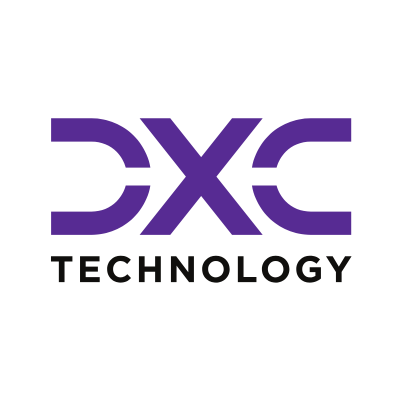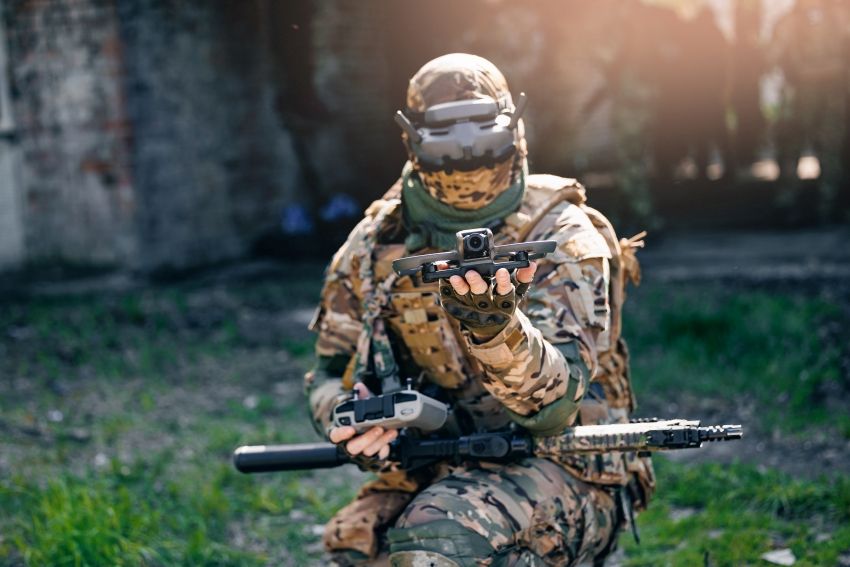
Significant budget increases from EU countries are reshaping the defence landscape. DSEI Gateway explores the opportunities and speaks with SMEs about their engagement with the EU.
The EU has significantly boosted its defence focus since Russia’s full-scale invasion of Ukraine in 2022 and Washington’s new administration in January.
A new white paper for rearming Europe from the European Commission subsequently followed in March, detailing the methods and approaches for achieving this.
Small and medium sized enterprises (SMEs) were highlighted as key, with the commission recognising a need to improve their integration in defence research and innovation.
A spokesperson from the commission attested to this, underscoring how the urgency to “enhance resilience and supply chain security” is driving more targeted efforts, funding and policy support for SMEs.
Support for SMEs comes from a range of authorities and initiatives within the EU. The European Defence Fund (EDF), which has a budget of almost EUR7.3 billion for 2021-2027, offers SMEs a range of grants for up to 100% of eligible costs. This is contingent on the activities involved and is based on a bonus system which considers SMEs, mid-tier companies, and connection to a PESCO project.
PESCO, or the Permanent Structured Cooperation, is an EU framework that enables member states to jointly plan, develop and invest in specific defence capability projects.
Another key institution driving SME growth is the European Defence Agency (EDA), which serves to enhance the defence capabilities of member states through joint projects and research and development (R&D). These include military R&D projects, networking workshops and activities, and the maintenance of a B2B platform that facilitates ‘matchmaking’ between SMEs: this enables them to connect with other companies and find potential partners for collaboration.
The EDA also manages the Hub for EU Defence Innovation (HEDI), which offers opportunities such as ‘Innovation Prizes’ and other tailored events, while also maintaining an ‘SME Corner’. The latter offers SMEs advice on navigating the defence market.
In addition, the EDA leads Capability Technology Groups (CapTechs), which provide opportunities for SMEs to meet and network with government experts, academia and experts from primes while also helping to shape technology priorities at the EU level.
Another initiative within the EU supporting SMEs includes the EU Defence Innovation Scheme (EUDIS), backed by EUR2 billion in funding. It aims to lower the barriers for SMEs to build scale by providing them with opportunities to access and benefit from the EDF. In addition, it offers direct R&D funding, through calls, matchmaking services, and business coaching.
SME Connect
There are a range of trade bodies and organisations across the continent that work to integrate SMEs into the EU’s defence network.
For example, SME Connect is a network of trade associations, think tanks, universities, and organisations that focus on issues relating to SMEs. It has a working group dedicated to defence.
Riho Terras is an Estonian Member of the European Parliament (MEP), a former military officer and chairman of the SME Defence Initiative in the European People’s Party (EPP). He works closely with SME Connect on the defence side.
Pointing to key changes since 2022, he informed DSEI Gateway that there has been increased funding at both EU and national levels, alongside “rising demand for innovative, flexible suppliers - roles in which SMEs often excel”.
SMEs are increasingly interested in contributing to Europe’s evolving defence landscape, Terras said, with SME Connect helping them to better understand EU defence programmes, connect with potential partners, and make their voices heard in strategic discussions on defence policy.
Companies benefiting
Companies across Europe are benefiting from all these initiatives, such as Cyber Noesis – a Greece-based SME which focuses on critical infrastructure protection in cybersecurity.
The Managing Director, Kostas Papadatos, told DSEI Gateway that the company has worked across EU-funded initiatives, including Horizon Europe and the R2D2 project, which focuses on enhancing the resilience and cybersecurity of electrical power and energy systems, “a clear overlap between civilian and defence priorities”.
The company won an EDA Innovation Prize in 2023 in the ‘Technologies for Communications and Information Systems’ category, for its work on ‘AI-assisted dynamic risk management for context-aware access control in Zero Trust Architecture’.
It was subsequently invited to participate in CapTech cybersecurity working groups, Papadatos said, providing it with insights into EU defence research priorities while also opening the company to new opportunities to join the EDF consortia.
The EDF, along with support from the EDA and other EU instruments, are essential to help SMEs like Cyber Noesis develop dual-use innovations and engage with a broader European network, Papadatos acknowledged. Nevertheless, challenges remain:
“Navigating these programmes as an SME remains challenging. With limited internal resources, it is difficult to identify suitable consortium partners, coordinate joint proposals, and keep pace with the administrative demands. More targeted guidance, digital matchmaking tools, and SME-specific support mechanisms would be highly valuable in facilitating broader participation.”
TRAAK
Another company benefiting from EU support is France-based TRAAK, which won the EDA’s 2024 Innovation Prize in the ‘Cognitive Sensing for Enhanced ISTAR Systems Performance’ category for its Pixys 3D geolocation technology.
The award has significantly boosted the company’s visibility and credibility within the European defence landscape, founder and CEO Thomas Duroyon said during a conversation with DSEI Gateway.
“It validates our efforts to develop resilient European technologies that are redefining modern warfare capabilities, including urban combat or GPS-denied operations.”
Duroyon said the award would serve as a stepping stone to position the company as a European partner in next-generation military geolocation technologies. It expects growing demand for its products in the coming years, with new collaborative opportunities with other SMEs and with larger industrial groups in European defence programmes.
“TRAAK is already exploring avenues for EDF participation and integration into larger multinational projects,” he added.
Cybernetica
Estonian SME Cybernetica develops cybersecurity and cryptographic technologies to secure physical and digital systems, including AI systems, Dr Dan Bogdanov, its chief scientific officer explained to DSEI Gateway.

Cybernetica develops cybersecurity and cryptographic technologies to secure physical and digital systems, including the Patria-led 'Famous' project. A prototype of 'Famous' is pictured here. (Cybernetica)
The company has undertaken R&D through the EDF and other European initiatives, including the European Defence Industrial Development Programme, as well as working with US bodies such as the Defense Advanced Research Projects Agency.
The EU support has helped Cybernetica partner with major European primes, which helps develop European independence and resilience in key emerging technologies.
“We’ve always felt that Europe needs to have its own portfolio of cybersecurity and cryptography that doesn’t depend on global supply chains. I think that we can achieve this goal and, in some cases, – e.g. cryptography – it is already state of the art.”
FEAC
Greece-based FEAC Engineering has worked with the EDA and the EDF on a range of projects. It won an EDA Innovation Award in 2024 for its Pithia platform, which enhances the protection of critical maritime infrastructure by creating digital twins of assets like submarine pipelines or ports.

TRAAK and FEAC won EDA innovation prizes in 2024. (EDA)
FEAC has also worked on EDF projects such as the European Patrol Corvette and Seacure alongside multinational companies such as Naval Group, Fincantieri, Navantia and Thales.
CEO Sotiris Kokkinos informed DSEI Gateway that this work has provided FEAC with access to enhanced technological innovation and development.
The company expects to see increased European demand, Kokkinos added, particularly in digital twins and similar technologies related to AI, naval platforms (including new vessels) and maritime security.
Challenges and opportunities
While there are significant opportunities, there are also a range of challenges for SMEs, the Estonian MEP Terras acknowledged.
He pointed to “a growing information gap – particularly around eligibility, standards, and procurement processes – which we [SME Connect] aim to bridge by supporting access to relevant expertise and facilitating exchanges with key EU stakeholders.”
Terras continued by saying that SMEs can be overlooked in a landscape dominated by a few large defence contractors. They face limited access to defence procurement and funding due to administrative complexity, a lack of information and transparency in defence-related opportunities, and struggle entering international markets without coordinated EU support.
To address these challenges, Terras suggested the EU develops dedicated SME windows in EU funding instruments. It must ensure simplified procurement and tendering procedures and stronger SME integration in national and EU strategic defence planning. And finally, he called for “a coordinated internationalisation strategy for European defence SMEs”.
The commission spokesperson highlighted similar challenges, pointing to limited access to finance for SMEs, complex regulatory frameworks, and difficulties entering established defence supply chains. The EU is working to simplify funding procedures, increase financial instruments for SMEs, and enhance cross-border cooperation mechanisms.
Additionally, the spokesperson said that fostering synergies between civilian and military R&D could help SMEs transition into the defence sector more effectively.
The outlook is promising if the right policies are in place, Terras continued. There is currently a political and financial window of opportunity to strengthen SMEs’ role, encourage innovation, and develop a long-term industrial strategy that includes sustainability and international scalability.
“But this growth must be guided by smarter regulation, easier access to funding, and stronger recognition of SMEs as innovation leaders – not just subcontractors.”
DSEI Gateway News is part of DSEI UK and the broader Clarion Defence portfolio.
Enjoy reading this article? Click here to read more about our upcoming DSEI membership offering...
Tags
- access
- budget
- company
- connect
- countries
- cybersecurity
- defence
- develop
- dsei
- eda
- edf
- engagement
- eu
- european
- explores
- funding
- gateway
- growing
- including
- increases
- innovation
- key
- landscape
- new
- opportunities
- projects
- range
- reshaping
- seize
- significant
- sme
- smes
- speaks
- support
- systems
- technologies
Providing impartial insights and news on defence, focusing on actionable opportunities.
-
It marks a major step-change in Canada’s approach to defence procurement.
-
It comes as the company announces its first dual-use spin-out.
-
Most of those competing are US-based small businesses.
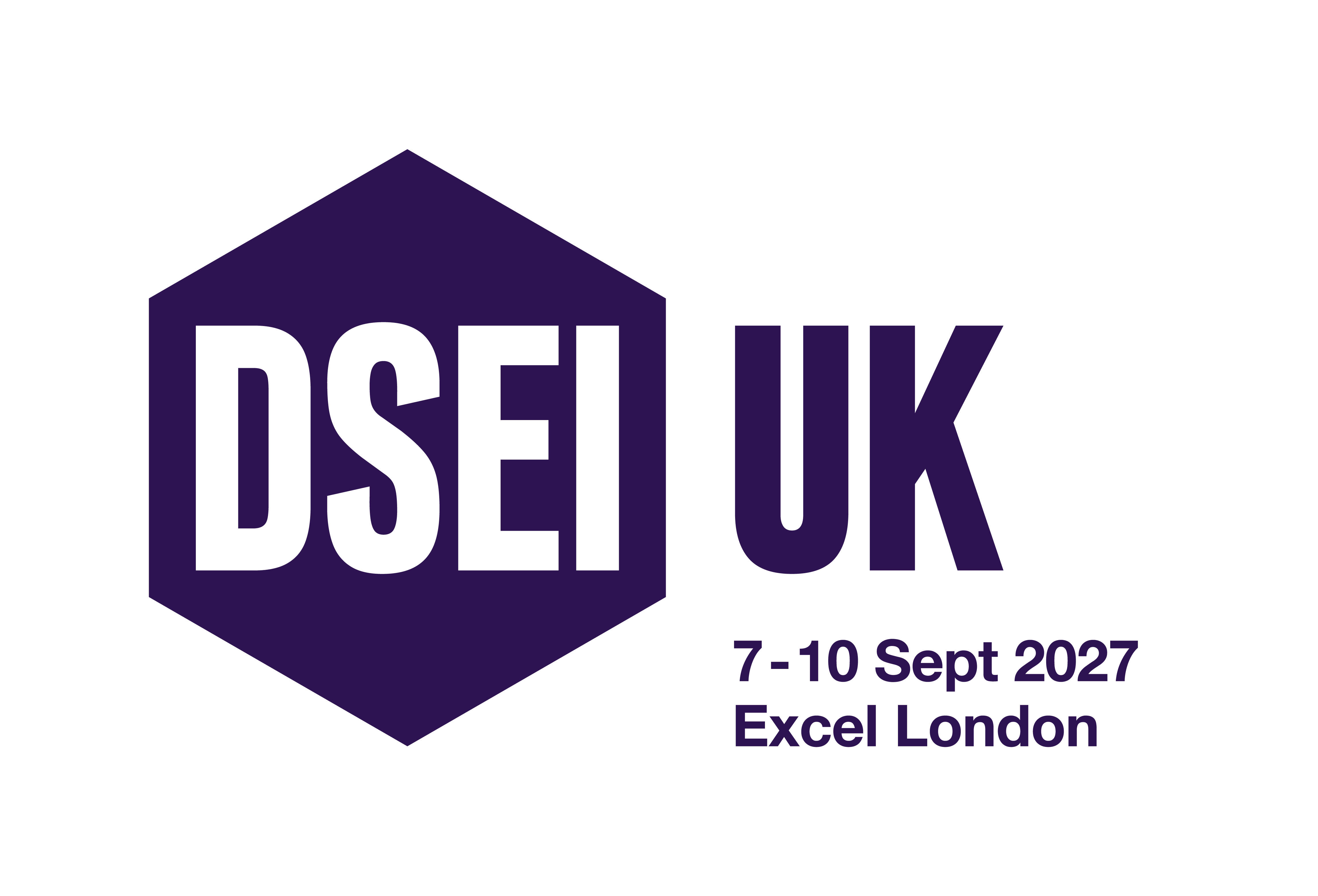
)
)
